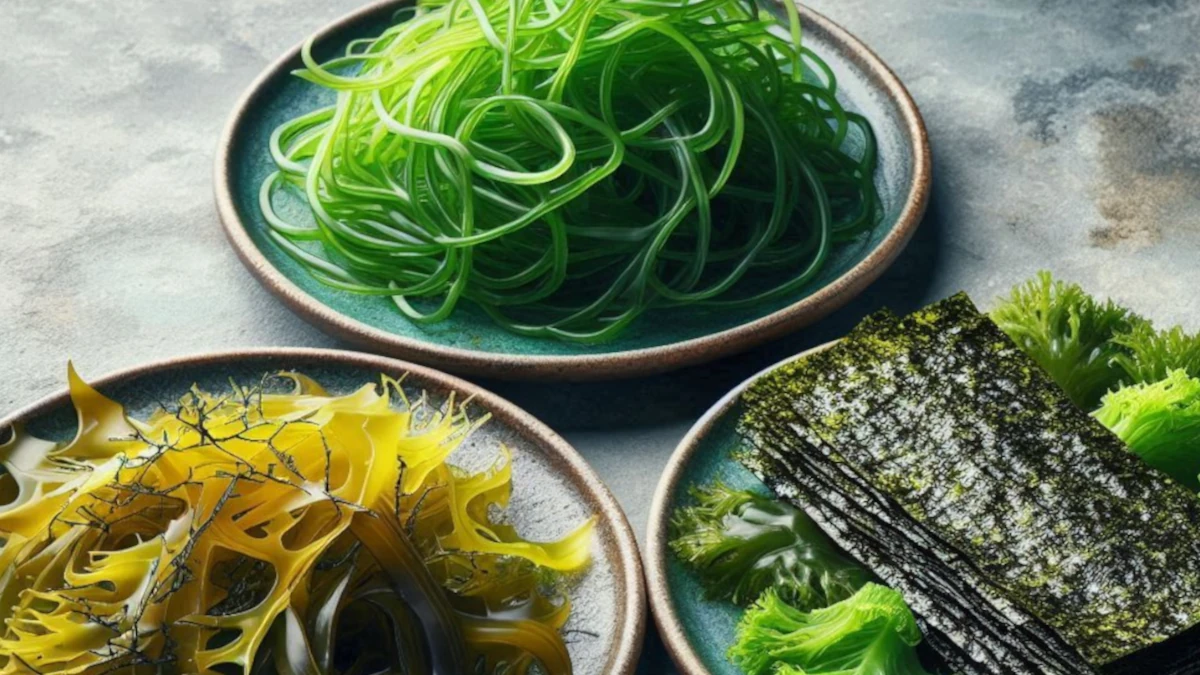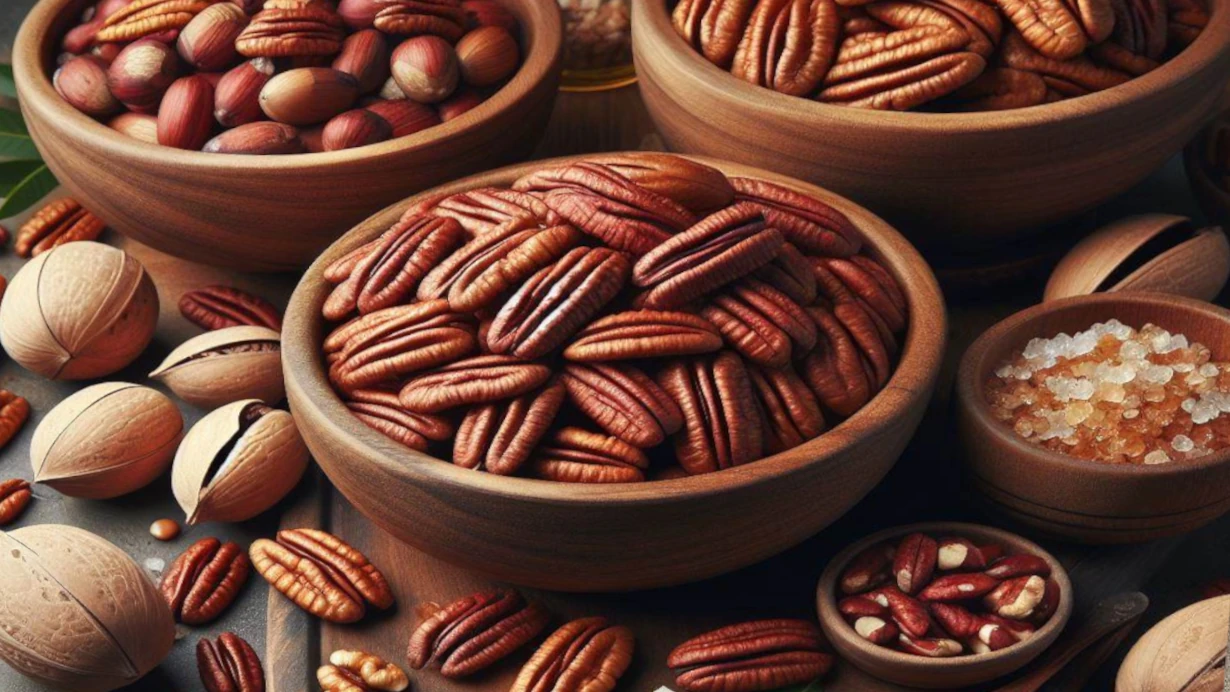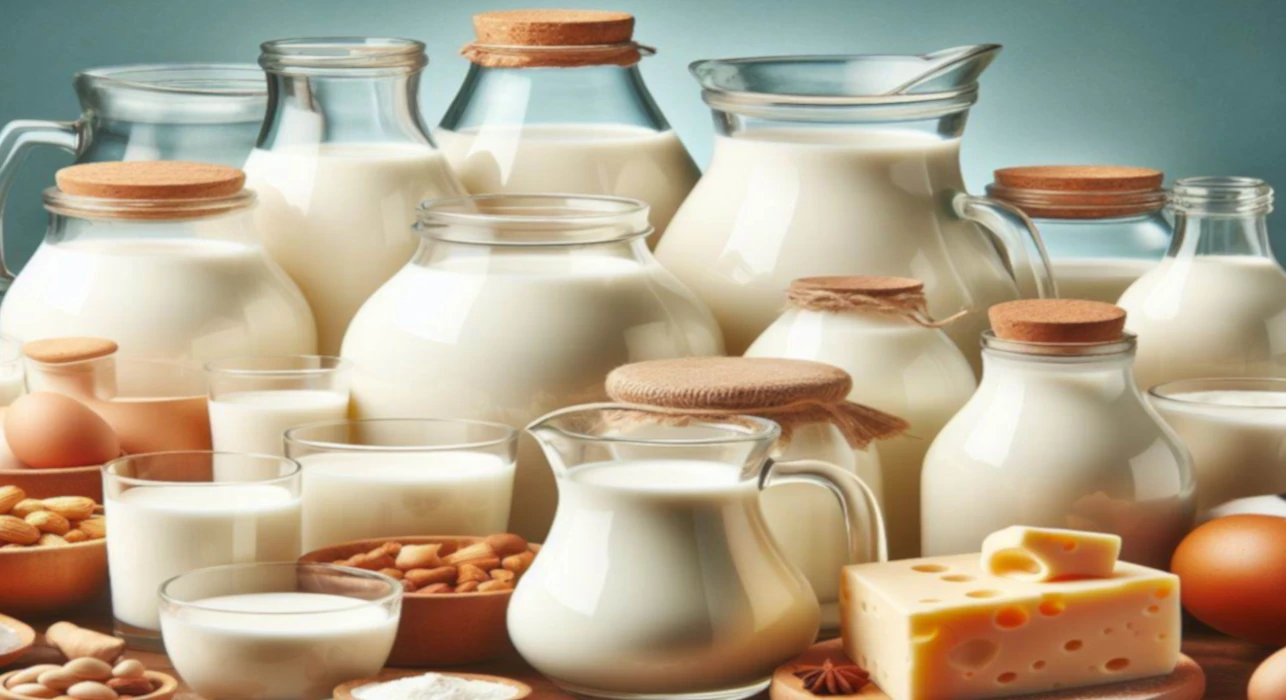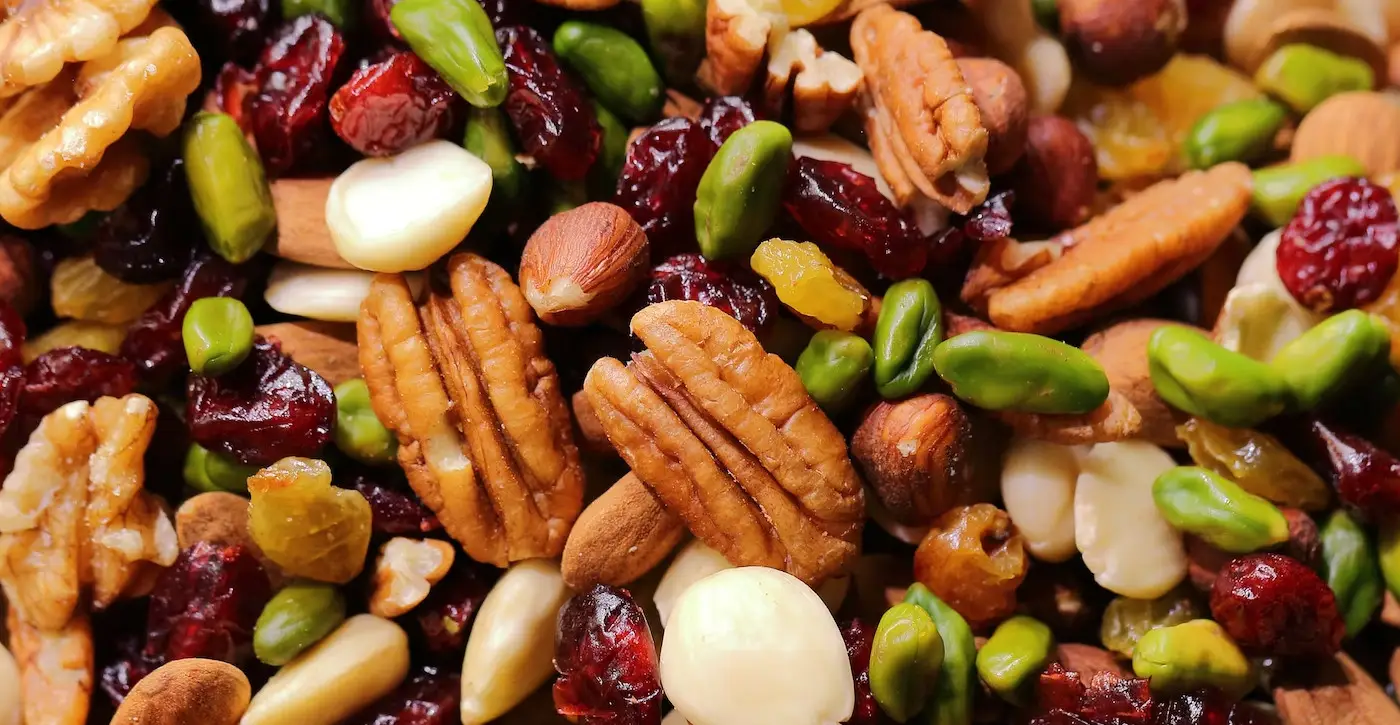Pacific Sea Moss Lysine and Arginine Info Sheet
Overview
Pacific Sea Moss, also known as Irish moss, is a type of red algae that grows in the Atlantic Ocean.Pacific Sea Moss is rich in nutrients like iodine, calcium, potassium, and magnesium.
It’s often used in food for its gelling properties.
| Name | Lysine (mg/100g) | Arginine (mg/100g) | Ratio |
|---|---|---|---|
| Pacific Sea Moss | 9.15mg | 12.45mg | 0.73 |
Pacific Sea Moss contains 9.15mg of Lysine and 12.45mg of Arginine per 100g of product.
This means Pacific Sea Moss has a low Lysine-Arginine ratio of 0.73.
Because Pacific Sea Moss contains slightly more arginine than lysine, reducing its consumption may help people who suffer from herpes, as it may lower the viral activity.
Lysine Considerations
Pacific Sea Moss contains 9.15mg of lysine per 100g. Lysine is an essential amino acid that supports protein synthesis, collagen formation, and immune function.
It's one of the nine amino acids that the body can't produce, so it must be included in our diet.
Lysine has many roles in the body, such as aiding in growth, healing, energy production, immune function, and the production of collagen.
Research indicates that lysine may have an impact on the herpes virus, which is responsible for cold sores and genital sores.
Taking lysine supplements or using lysine cream could potentially prevent or treat these infections by stunting the amino acid arginine, which the virus requires for growth.
Arginine Considerations
Pacific Sea Moss contains more arginine than lysine, with 12.45mg of arginine per 100g.
Arginine is a semi-essential amino acid that plays a role in several bodily functions, including wound healing and immune function.
Arginine can contribute to cold sore outbreaks, which are blisters caused by the HSV-1 virus, also known as herpes.
Arginine aids in the growth of HSV-1, which needs this particular amino acid to multiply and infect cells.
Arginine can be obtained through our diet, and is found in a variety of high-protein foods such as nuts, seeds, and chocolate.
Regrettably, the herpes virus is known to "feed" on arginine, and a diet high in arginine compared to lysine may increase the frequency and severity of cold sores and herpes outbreaks.
Lysine-Arginine Ratio
Pacific Sea Moss contains more arginine than lysine. This can be undesirable by those who are prone to cold sores and herpes outbreaks.
This is however unlikely to have an effect on the overall lysine-arginine ratio in one’s diet, unless consumed in very large amounts.
Both lysine and arginine are important for protein synthesis and other bodily functions.
The two compounds can affect the herpes simplex virus, which is responsible for cold sores and genital herpes, in opposite ways.
Lysine can the body or stop the virus from reproducing, while arginine can help it propagate.
Eating foods with a high lysine-arginine ratio could help lower the appearance and severity of herpes flare ups.
Some foods that have a high lysine-arginine ratio are dairy products, fish, poultry, fruits, and vegetables.
These foods can give the body enough lysine to prevent the virus from taking up arginine, and thus stop its growth and spread.
Dietary Considerations
Algae are aquatic organisms that can perform photosynthesis, such as seaweed, kelp, and spirulina.
Algae are high in protein, minerals, and antioxidants. Some algae have more lysine than arginine, such as spirulina, chlorella, and nori.
These algae can help prevent or treat herpes outbreaks, as lysine can block the activity of arginine.
Other algae have more arginine than lysine, such as kelp, wakame, and dulse.
These algae can trigger or worsen herpes outbreaks, as arginine can stimulate the herpes virus.
Algae should be balanced with other lysine-rich foods, such as dairy, fish, or poultry.

For example:
Drinking enough water to keep yourself hydrated and remove toxins from your body.
Water can also help prevent dryness and irritation of the skin and mucous membranes, which can result in fewer outbreaks.
L-lysine supplementscan help you prevent herpes outbreaks and stop a cold sore before it develops by depriving the virus of arginine, which it needs to form a cold sore.
Taking other food supplements that can improve your immunity and protect your cells from oxidative stress, such as vitamin C, zinc, selenium, and antioxidants.
To prevent outbreaks, avoid foods that can cause allergic reactions or sensitivities, such as gluten, dairy, nuts, eggs, or shellfish.
These foods can harm your immune system and make inflammation worse.
Eating foods that can soothe your symptoms and speed up your healing process, such as honey, yogurt, aloe vera, and chamomile.
These foods have anti-inflammatory, antiviral, and antibacterial properties that can reduce pain, swelling, and itching, and promote tissue repair.
Check more food information






